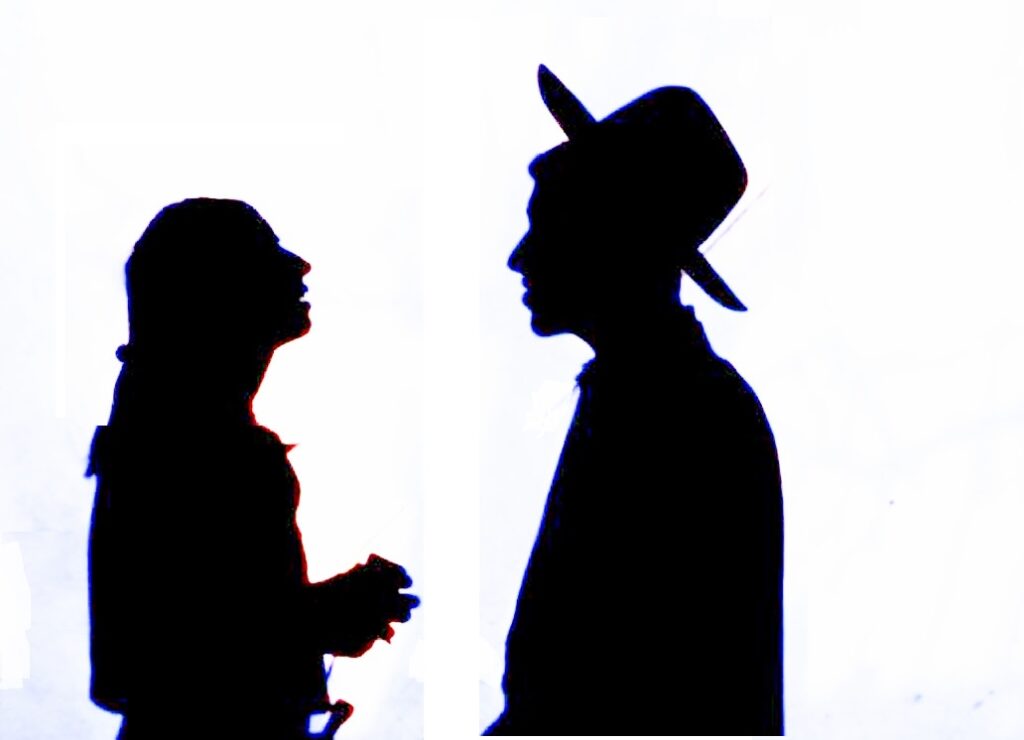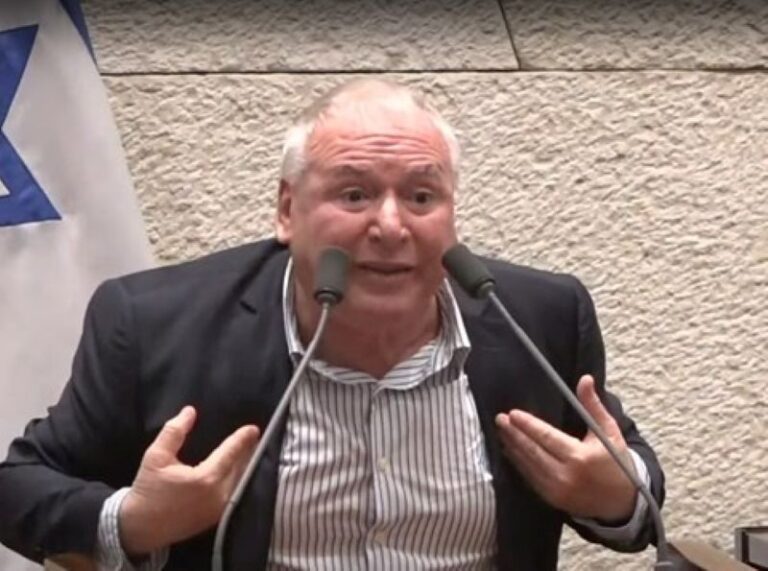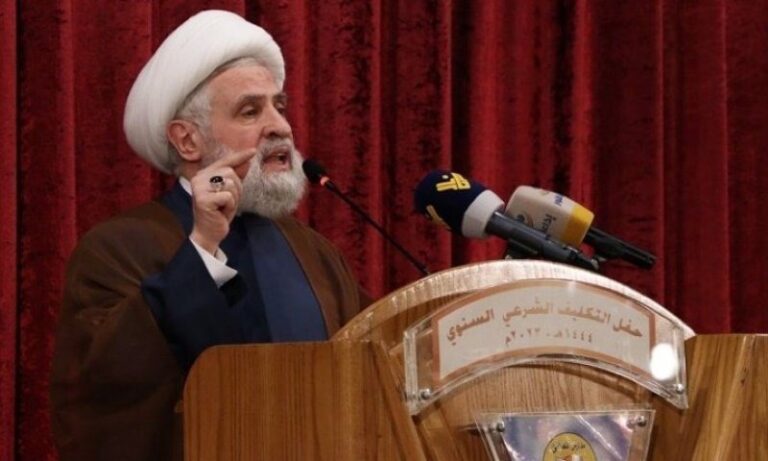by Rabbi Yair Hoffman
And Hashem appeared to him [Avraham] in the Plains of Mamre and he sat in the opening of his tent in the hottest part of the day.”
Somewhat humorous dating stories that actually occurred with some minor details that may have been changed to protect privacy. The dating stories are connected by the author to the weekly parsha to bring out Torah lessons and hashkafos.
Moshe Goldberg had had a hard time in his dating career. He got engaged to a girl but had to break things off when they did not see eye to eye on how their kids would be educated. She also changed her mind about certain aspects of Mitzvah observance. Moshe was introduced to another girl, but he was not interested so much in her appearance and felt that he would not be attracted to her. Otherwise, he felt that they could get along and he felt that they did ‘click.’
He confided in his closest three friends. The first friend responded, “What are you crazy? She is very attractive!” The second friend said, “What are you blind? She is stunning.” The third friend said, “I understand. But do me a big favor – can you arrange to have her set up with me? I personally find her very attractive and would really want to go out with her.”
Moshe initially got upset at his friends reactions. His thinking was, “I am NOT going to let them steal my shidduch!” He continued to date her and after a few more dates, he proposed. Now that he is married with a baby, he realizes that he really owes it to his friends for helping to prod the shidduch along. For this, he felt that he owes them (especially the third friend) hakaras hatov.
Gratitude is an essential quality that we must develop within ourselves. At times, we do not necessarily express the sense of gratitude to those closest to us who sincerely care about us.
The pasuk here not only mentions Avrohom Avinu’s friend, Mamre, but it mentions him three times. Why is this so?
The Midrash (Bereshis Rabbah 42:3), gives us a deep insight as to why the expression, “Elonei Mamre” is repeated three times within our holy Torah:
Why was Mamre called “Mamre?” Rabbi Azariah in the name of Rabbi Yehudah bar Simon said: “He [Mamre] stood up to them for Avraham (sh’himrah panim b’Avraham). At the time that HaKodesh Baruch Hu told Avraham to go and circumcise himself, Avrohom had some doubts about how to go about it. He went and discussed this with his three closest friends.
- Anar told him: ‘You are already 100 years old! And you are going to go and cause yourself such great misery?’
- Eshkol said: ‘Why should you go and make yourself physically stand out among your enemies!’
- Mamre said to him: ‘Hashem stood by you when you were tossed into the fiery furnace, through famine, and against [marauding] kings, is the self-same one who has now told you to perform circumcision upon yourself, and now you question whether you should listen to Him!’
Hakadosh Baruch Hu then said to Mamre: ‘You have given him [Avraham] the advice to go through with the circumcision. I hereby swear that I will not reveal myself to him [Avraham] neither in the palace of Anar nor in the palace of Eshkol, but rather in your palace.’ This is why it is written: ‘And Hashem appeared to him [Avraham] in the Plains of Mamre.’”
We known that After Adam HaRishon ate from the aitz hadaas, Hashem asks him, have you eaten from the aitz hadaas? He answered, “HaIsha asher nasata imadi – hi nasna li min haAitz vaOchai.. The woman that YOU GAVE ME.. she gave me to eat from the aitz hadaas and I ate..”
The midrash tells us Adam was, in fact, innocent of the underlying problem. He was forced to eat of it by Chava. If so, where was his error? Where was his fault?
The Alter of Slabodka explains that the error was in how he had expressed himself.. It was an expression of a subtle lack in hakaras HaTov. He blamed the error on a gift that Hashem had given him. He demonstrated a lack of hakaras hatov, Even though this was a true fact, his mentioning it changed him into being somewhat of a kafui tov.
A person should, from time to time, take stock of themselves, and see if there is anyone who he or she may be overlooking. It can be a friend, a co-worker, a fellow student, or an aunt or an uncle. Sometimes, we even overlook Hashem.
Moshe Goldberg realized that he owed his happiness and sat them down and sincerely thanked them for their “subtlely” encouraging him to continue dating his bashert. His relationship with his friends improved ever more because he had recognized what he had truly owed them.
To submit a story that may be used in a future parsha sheet, please email the author at [email protected]











